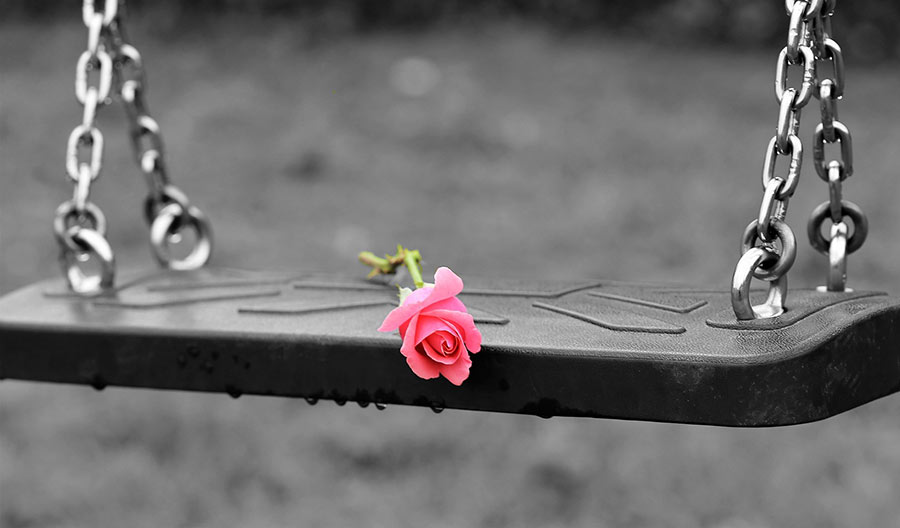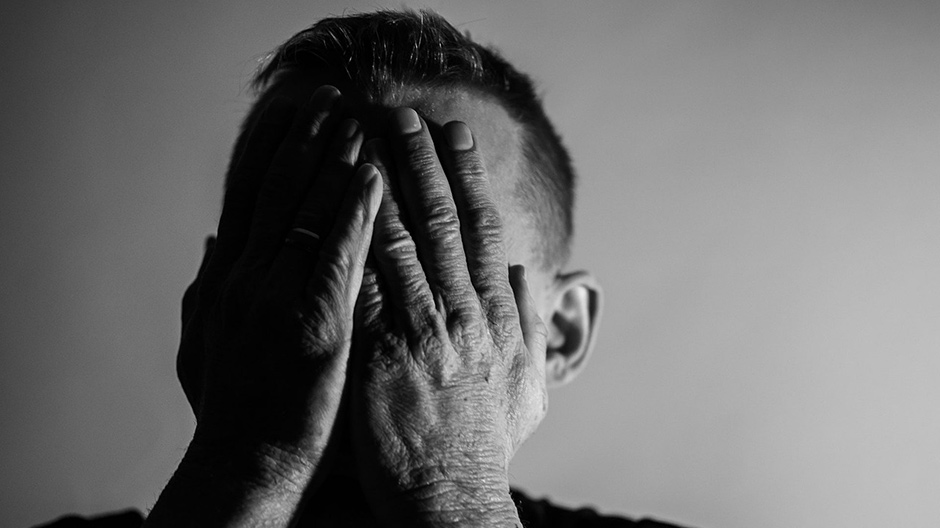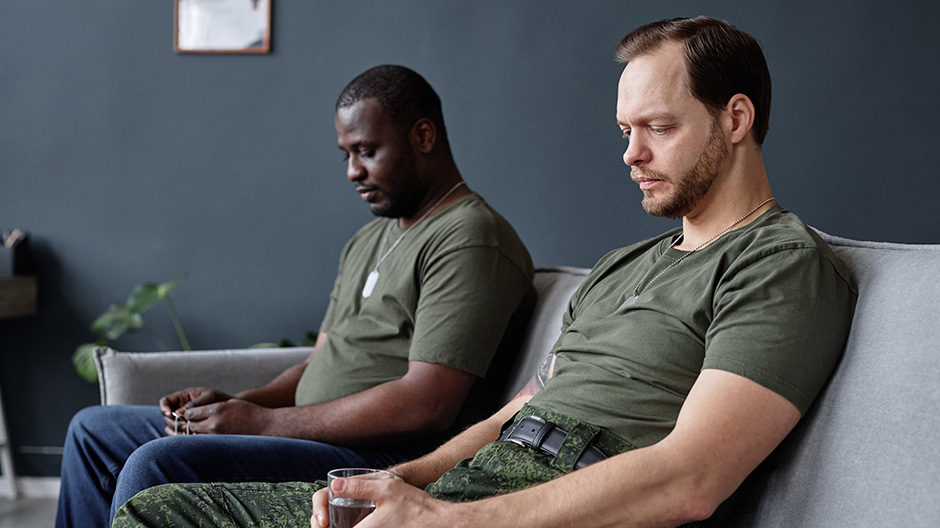By Shaundell Shipley
As I reflect on 2020, I am stuck with the realization that we have lost many of our loved ones. More heart-rending is that there were several reports in the media about youths who we lost by way of suicide. It broke my heart. If I am not mistaken, there were reports in the media about two children around the age range of eight years old who took their own lives. What could have caused an eight-year-old to not want to live? I do not have the answer. I am sure the parents of those children are still in a quandary as to what motivated them to take their lives in such a painful way.
I believe the issue of mental health is not taken seriously. I believe, as parents, we miss many of the signs because we do not believe that our eight-year old, under any circumstances, would want to take their own life. Probably the signs were there, but suicide is so multi-determined, that researchers have not been able to identify reliable predictors of who might make a suicide attempt. The reality is that our children do not tell us everything. Our young children who are dealing with depression or being bullied or some other trigger are more likely to think about or attempt suicide. Children and adolescents who exhibit suicidal tendencies seem to be driven more by circumstantial factors, such as family discord, social failure or bullying. Many experts felt that for children, there is a much higher likelihood that circumstances are driving the suicide.
Unfortunately, suicide crosses all age, racial and socioeconomic groups in Guyana, and around the world. In the US, suicide is the second leading cause of death among children and adolescents, ages ten to twenty-four, and the third leading cause of death among twelve-year- olds. Nearly one in every eight children, between the ages six and twelve, has suicidal thoughts. The suicide rate is approximately four times higher among males than among females, but females attempt suicide three times as often as males. When a suicide occurs, everyone is affected, including the people who are left behind.
We need to be more attentive to our children. We need to engage our children and allow them to express their emotions without fear of being judged. We need to be respectful of others and teach our children about the importance of being respectful of each other. We are all different; our socialization is different; our circumstances are different. It does not matter what they are going through, they should talk to someone who would listen, someone who they trust.
Let us all make an effort to save the lives of our children. We can prevent suicide by being on the lookout for the warning signs. We can also prevent suicide by asking about it. Studies show that people do not start thinking about suicide just because someone asks them about it. If you suspect your child or adolescent is suicidal, tell them that you are worried and want to help them. Remember, sometimes children or adolescents, who are thinking about suicide would not tell you because they are worried how you will react. Your direct, non-judgmental questions can encourage them to share their thoughts and feelings with you. Regardless of their response, if you suspect that the person may be suicidal, get them help immediately.
The Ministry of Health has a Mental Health Unit, which is staffed and managed by a qualified team of psychologists and social workers, and the Ministry of Human Services and Social Security have departments with qualified personnel. There are several community-based organizations with qualified personnel also. Please let the year, 2021, be a year where there would be no recorded cases of children committing suicide. Remember we are living through very difficult times with COVID 19, the worst public health crisis in our lifetime, this pandemic has surprised us with a new norm – a new way of life. Many of us adults are not coping and the same can be said for our children. Parents and guardians please look for the signs, know the signs.







